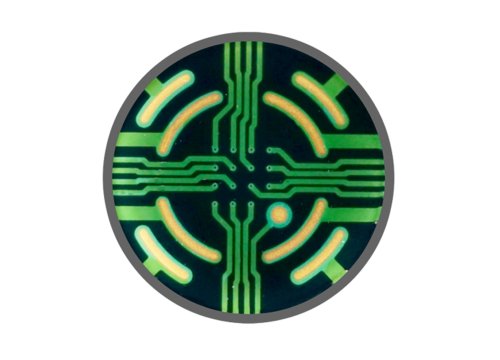Long Y, Hou J, Tang F, Lin Z, Huang X, Li W, Chen Y, Li Z, and Wu Z.
Toxicology and Applied Pharmacology, 2021.
Bioelectronic in vitro assays and other testing methods demonstrate cardiotoxicity of common compounds.
The compounds benzethonium chloride (BZT) and domiphen bromide (DMP) are widely used as antimicrobials and preservatives in drugs, vaccines, cosmetics, personal care items, and industrial products. Although some evidence suggests that BZT and DMP may have negative impacts on human health, cardiac safety data is limited. In this study, scientists use human induced pluripotent stem cell-derived cardiomyocytes (hiPSC-CMs) and animal models to explore the proarrhythmic potential of BZT and DMP in vitro and in vivo.
To assess cardiotoxicity in vitro, the researchers used Axion’s noninvasive Maestro multielectrode array (MEA) platform and other testing methods to demonstrate that BZT and DMP inhibit the contractile activity of hiPSC-CMs, increasing field potential duration and a tachycardia like beating. In vivo results showed similar responses in rabbits. Overall, the results show that exposure to higher concentrations of BZT and DMP is associated with mild to moderate cardiotoxicity, which the authors suggest should be considered during drug development and in medical and industrial applications.


